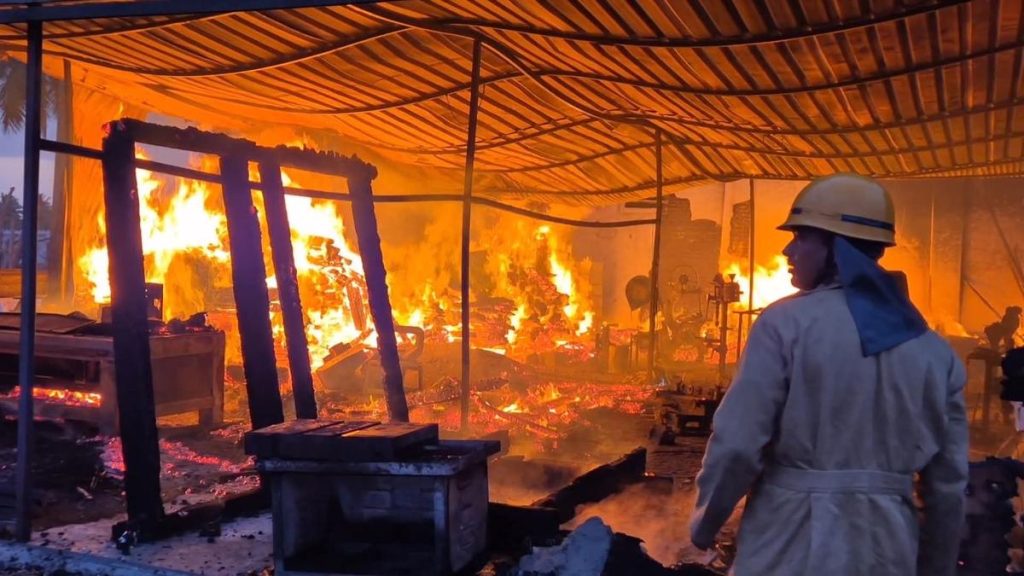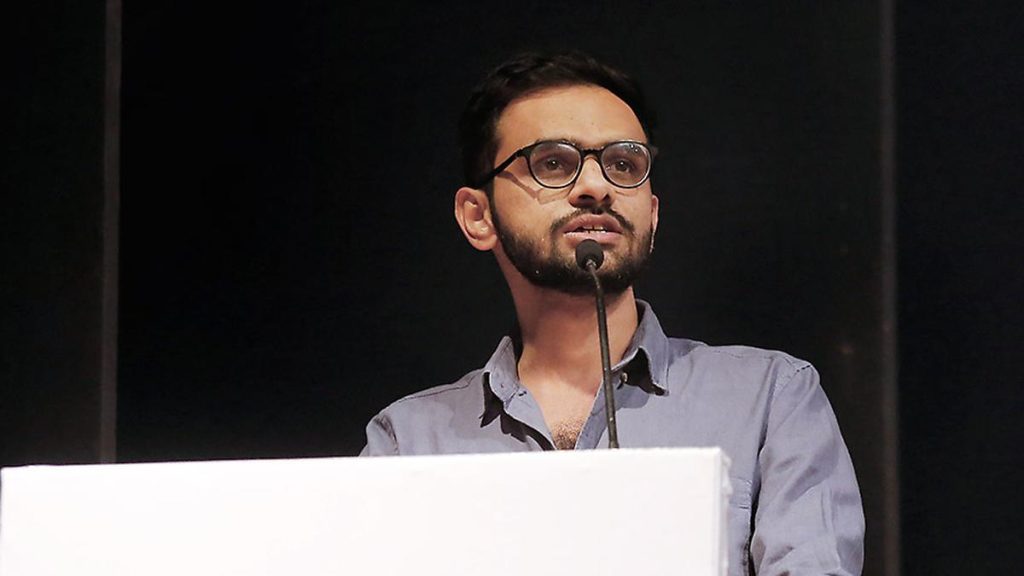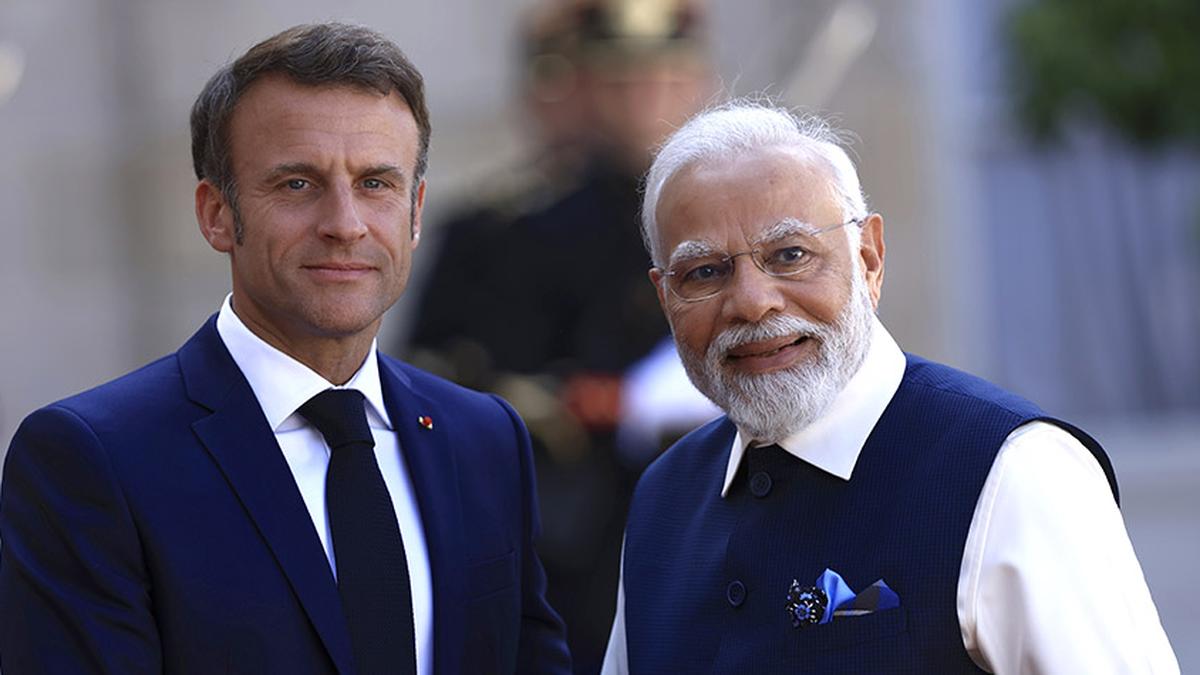Now Reading: SFI Protests in Andhra Pradesh Over Student Grievances
-
01
SFI Protests in Andhra Pradesh Over Student Grievances
SFI Protests in Andhra Pradesh Over Student Grievances
Quick Summary
- Protest Details: The Student Federation of india (SFI) staged a protest at Dharna Chowk in Vijayawada on Saturday, following a rally from Besant Road, demanding resolution of various issues in the education sector.
- Allegations Against TDP: Former MLC K.S. Lakshman Rao accused the TDP-led coalition government in Andhra Pradesh of neglecting promises made regarding educational growth and fee reimbursement.
- specific Demands:
– Immediate release of pending fee reimbursement dues totaling ₹6,400 crore to prevent colleges from withholding hall tickets and certificates.
– Advancement required for welfare hostels lacking basic facilities as highlighted by previous High Court observations.
– increase mess charges and cosmetic allowances to reflect rising costs.
– vacant posts of Vice-Chancellors and professors to be filled promptly in public universities.
– Revocation of G.O.s 35, 36, and 42 concerning aided educational institutions; provision of textbooks for aided school students under the Mid-Day Meal scheme.
- Protest outcome: Allegations were made that police used force against SFI activists at Dharna Chowk. Protest leaders were reportedly arrested; their release was demanded by SFI members.
Indian Opinion Analysis
The protest highlighted systemic challenges within Andhra Pradesh’s education framework, including delayed financial reimbursements impacting students’ access to crucial academic documents such as certificates. Larger concerns raised about dilapidated welfare hostels indicate troubling gaps in infrastructure investment for economically disadvantaged groups. Moreover, persistent administrative vacancies could hinder efficiency and effectiveness within public universities at a time when higher education requires strategic leadership.
The allegations against government policy decisions-both state-level by TDP-led governance and central BJP-related hindrances-serve as reminders that governance commitments must align with implementation timelines to preserve trust among stakeholders like students, educators, and institutions.
resorting to police action against peaceful protesters may deepen perceptions of governmental apathy or intolerance toward critical dissent on public issues like education accessibility-a sphere deeply linked with India’s socio-economic aspirations.

























